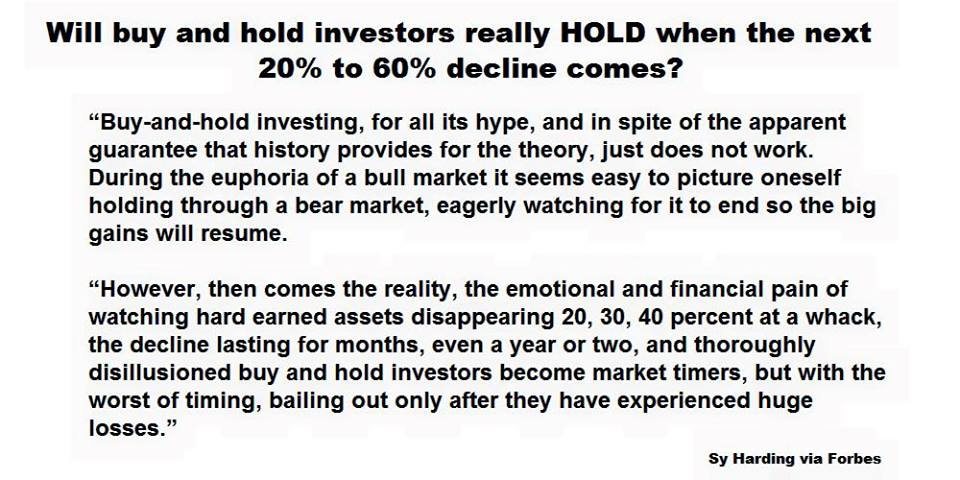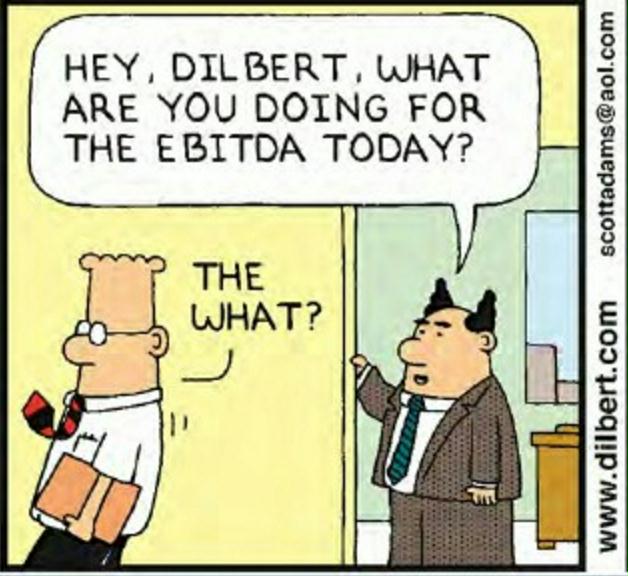
Investors Must Read




 Fifty years ago, John F. Kennedy was assassinated on Friday, November 22, 1963 in Dallas, Texas. The assassination not only shocked the nation, but shook the stock market as well. However, very few people have heard about The Great Salad Oil Swindle which nearly crippled the New York Stock Exchange that weekend. Officials at the NYSE took advantage of the closure of the exchange to keep the crisis caused by the swindle from spreading further. Here is what happened at the NYSE while the nation focused on the President’s funeral.
Fifty years ago, John F. Kennedy was assassinated on Friday, November 22, 1963 in Dallas, Texas. The assassination not only shocked the nation, but shook the stock market as well. However, very few people have heard about The Great Salad Oil Swindle which nearly crippled the New York Stock Exchange that weekend. Officials at the NYSE took advantage of the closure of the exchange to keep the crisis caused by the swindle from spreading further. Here is what happened at the NYSE while the nation focused on the President’s funeral.
Salad Oil, Cornered and Quartered
The Great Salad Oil Swindle was carried out by Anthony “Tino” De Angelis, who traded vegetable oil (soybean oil) futures which was an important ingredient in salad oil. De Angelis had previously been involved in a swindle involving the National School Lunch Act and the Adolph Gobel Co. When it was discovered that he had overcharged the government and delivered over 2 million pounds of uninspected meat, he ended up bankrupt. Con-men don’t stop being cons, they just try to learn from their mistakes and make more money the next time around.
Tino de Angelis had learned that government programs were a way to make easy money, so he started the Allied Crude Vegetable Oil Refining Co. in 1955 to take advantage of the U.S. Government’s Food for Peace program. The goal of the program was to sell surplus goods to Europe at low prices. Initially, De Angelis sold massive quantities of shortening and other vegetable oil products to Europe, and when this worked, he expanded into cotton and soybeans.
By 1962, De Angelis was a large enough player in commodity markets that he thought he could corner the soybean oil market, allowing him to make even more money. Always the schemer, De Angelis’s plan was to use his large inventories of commodities as collateral to get loans from Wall Street bank and finance companies. Buying soybean oil futures would drive up the price of his vegetable oil holdings, which would increase both the value of his inventories and allow him to profit from his futures contracts. De Angelis could use these profits not only to line his own pockets, but to pay his staff, make contributions to the community, and in one case, pay the hospital bill of a government official. (more…)

 Trading is a journey and a competitive activity. Why would you not plan your trades? Are you relying on someone else to plan them for you? Are you thinking there is something magical about the markets and all you have to do is click the mouse or call your broker and money flows into your account? If any of these are true, you are setting yourself up for failure.
Trading is a journey and a competitive activity. Why would you not plan your trades? Are you relying on someone else to plan them for you? Are you thinking there is something magical about the markets and all you have to do is click the mouse or call your broker and money flows into your account? If any of these are true, you are setting yourself up for failure.
Make a plan. This plan is what resonates with your brain structure, trading personality and money attitudes. Make it as simple as possible and then trade it consistently, day after day. If the plan is not working, change it until you get one that works for you. If it is working and generating profits for you, keep it. Don’t try to fatten it up, give it more bells and whistles or get greedy with it. If it’s broken, fix it and if it isn’t then leave it alone. Keep it simple and keep going with it.
Look at your plan every night after the market close. Write down how it worked for you that day and then contemplate and write down how you will use it the next day. In your nightly preparations and your preparations before the market opens, review your plan, Ensure that you are ready to execute, that you know what you are going to do, when you are going to do it, and then just do it—then execute ruthlessly. This is one way to empower yourself and grow in confidence as a trader. Winning in the markets, sports, business and life is about superior positioning, planning, reviewing, reworking, and executing over and over again until you get it right in a way that is seamlessly competent.

